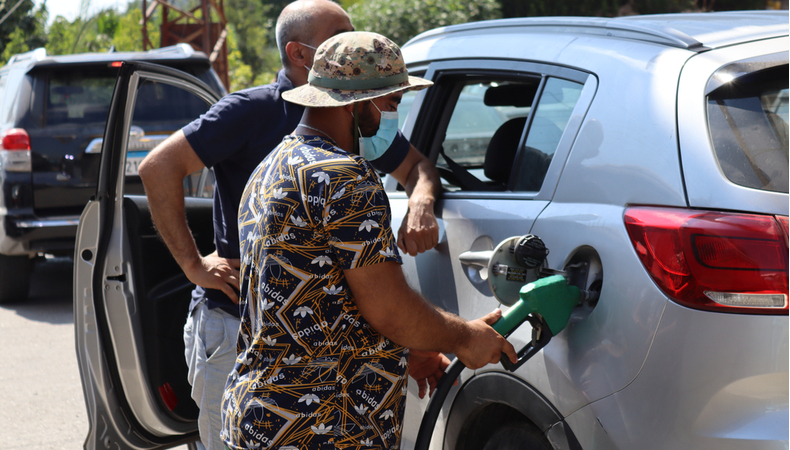Lebanon, the health emergency worsens due to the lack of fuel

In Lebanon, the death toll from the explosion of a tanker loaded with petrol in the Akkar, a region in the country’s northeast, rises to 31 deaths in the night between Saturday and Sunday. There are still six missing, a number that, according to the authorities, could add up to that of deaths.
A witness told Reuters news agency that the explosion occurred while the Lebanese army was distributing gasoline from a hidden tank it had confiscated. Around 200 citizens had gathered to fill up with petrol. The country is, in fact facing a severe fuel crisis due to smuggling and the inability of the government to guarantee its import. The situation worsened after the Central Bank announced it could no longer finance gasoline and diesel imports at heavily discounted exchange rates.
The Lebanese parliament will meet on Friday to discuss “appropriate actions” to address this crisis, generating a succession of violence in the cities. A grenade was thrown near a Beirut gas station during a gasoline dispute. One barrage of gunfire hit a group of soldiers who had restrained a man who had tried to fill his car with fuel forcibly.
The crisis hit rock bottom last week with energy blackouts that forced hospitals and businesses to close. “No petrol = No ambulance,” wrote a group of health workers who protested yesterday in Beirut to denounce the critical conditions in which the country’s hospitals find themselves.
The Lebanese telephone company Ogero, on which the various Internet providers also depend, has announced that entire reasons have been without a network as of this morning. In addition, in Beirut, the flag carrier Middle East Airlines said that due to power outages and disruptions on the telephone network, the company’s switchboards and call center are not working.
According to Najat Rochdi, UN humanitarian coordinator for Lebanon, “this situation can only get worse unless an immediate solution is found” as water supplies and essential health services have been threatened, warning of a humanitarian catastrophe.
There are only five days of electricity left at the American University of Beirut Medical Center. Then the fifty adults and fifteen children who live on respirators will die. The 180 people who need dialysis will follow in the following days and a few weeks and months for all cancer patients.
The first, incredible announcement of the oldest university hospital in the Middle East came on Saturday when the communications office indicated Monday as the deadline for resolving the energy emergency. Only yesterday, in the afternoon, a representative of the institute announced that thanks to the fuel transfers obtained in the last forty-eight hours, the hospital will extend its activities for another five rapid turns of the clock.




